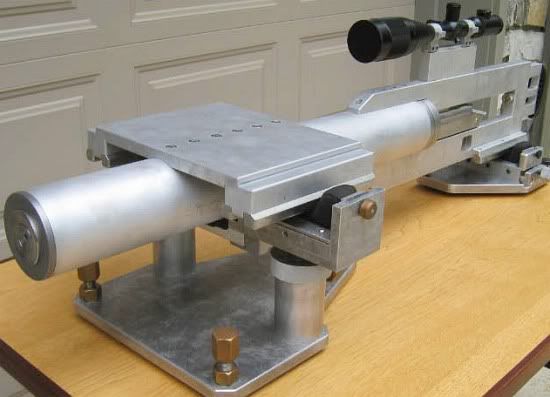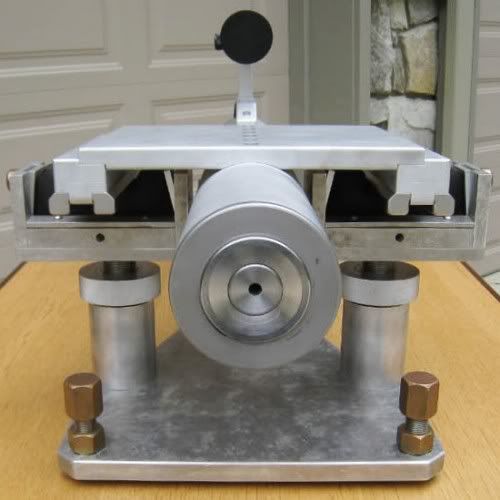What caliber are these rifles?
I don't know the point at which weight no longer contributes to accuracy. Maybe more weight always contributes to more accuracy based on the pictures below.
If you were shooting the rifle unsupported, then weight becomes a consideration. I have one 308 target bolt rifle which the barrel is clearly too heavy as I do not shoot it well off hand. It is too nose heavy and I get tired trying to hold it steady. I can shoot better offhand scores with my M1a Super Match: it is better balanced and lighter.
Once I am off my feet, the heavy bolt rifle shoots inside anything I can do with the Super Match.
I have noticed that F class categories are starting to have weight limits. Weight must have been climbing, I wonder if there were 40lb rifles on the line, and needed to be regulated before it became ridiculous. As most people know, F class is shot off bipods and sandbags.
When you are shooting off bipods, benches with sandbags, heavy is better. The less recoil that gets transmitted to you, the less will be your flinch.
If you want the ultimate accuracy, go heavy. If you want to carry the thing, stay under 17 pounds. My AR15 target rifle is 17 pounds and it is hell to carry to the pitts at Camp Perry.




